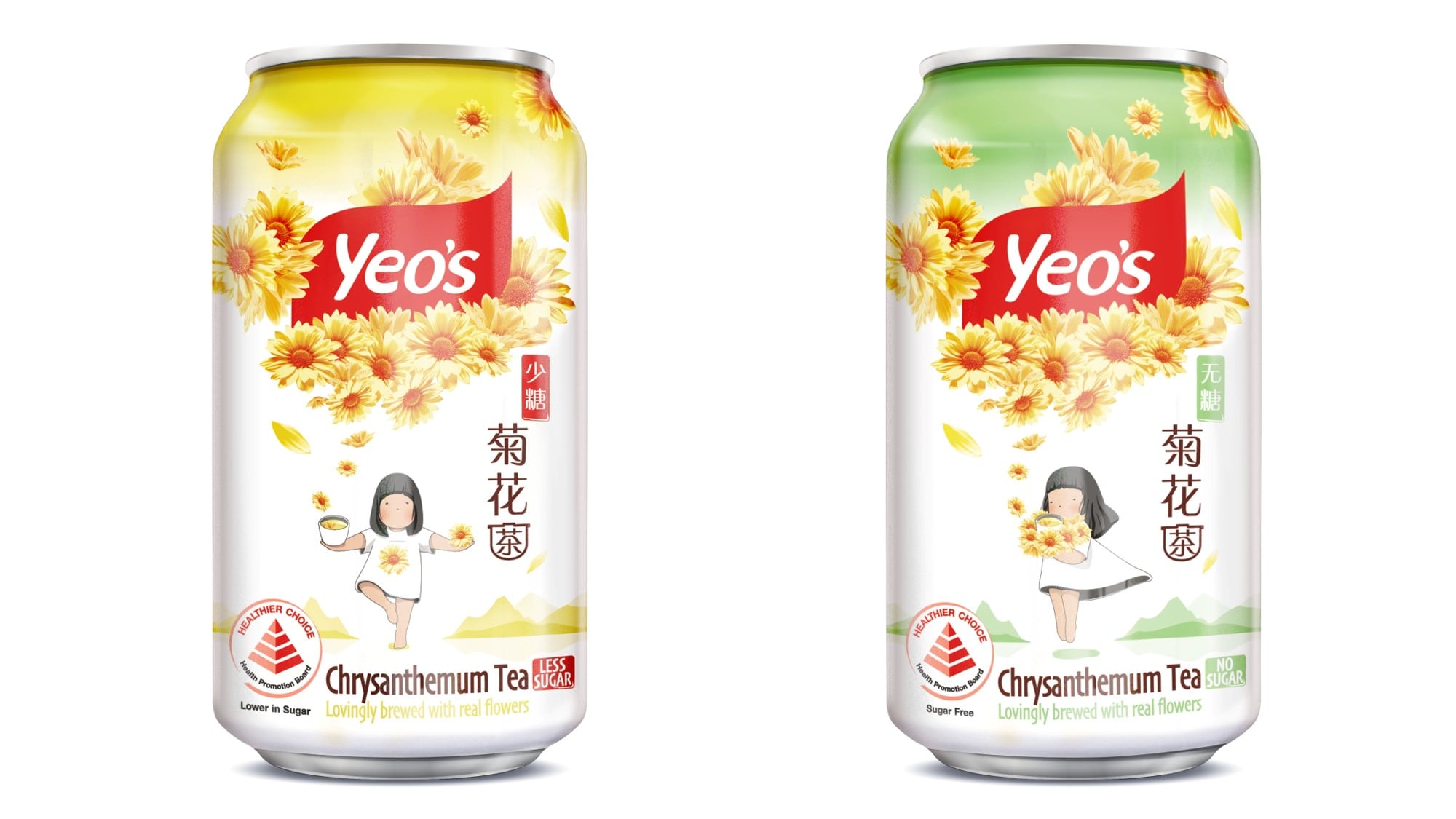Too much sugar focus: ‘More measures’ needed for Singapore’s Nutri-Grade system to improve consumer diets – study
A recent study conducted by Singaporean researchers on the government’s Nutri-Grade front-of-package (FOP) beverage labelling scheme has concluded that more work needs to be done for it to make a positive impact on consumer dietary and purchasing choices.
Singapore first announced the Nutri-Grade labelling scheme for sugar-sweetened pre-packaged beverages back in 2020, and this was finally officially enforced in the country in December 2022 after various delays attributed to COVID-19.
Researchers at the Duke-NUS Medical School conducted a randomised trial involving 138 participants to examine the impacts of Nutri-Grade implementation on consumer purchasing choices, via an experimental online grocery store platform NUSMart in collaboration with local grocery retailer FairPrice.
They found that although the FOP labelling system did help to encourage consumers to choose beverages with higher ratings, this was not quite so clear in terms of helping them to improve health and dietary choices.
Sustainability amid volatility: Nestle Malaysia pushes energy, packaging and plant-based progress despite economic uncertainty
Nestle Malaysia has vowed to continue its progress in environmental and business sustainability areas such as renewable energy, recyclable packaging and plant-based product innovation even amidst current global economic instability.
Nestle celebrated its 110th anniversary in Malaysia in 2022 as its global headquarters announced positive growth in the company’s overall organic sales and profits, as well as significant progress in its ESG initiatives.
“Nestle’s peak carbon [emissions status] has been behind us since the 2019-2020 period, but as of 2022 we are also below the 2018 starting levels greenhouse gas emissions, an important achievement,” Nestle CEO Mark Schneider said when presenting on the firm’s ESG progress.
Curcumin extract significantly reduces BMI, body weight, waistline in obese or diabetic adults – review
Supplementation of curcumin extract has shown to reduce body mass index (BMI), body weight, as well as the waistline more effectively than whole compounds or bioavailability-enhanced forms, according to a meta-analysis conducted by researchers from Thailand.
The benefit of curcumin extract supplementation was most significant in individuals with obesity or type II diabetes mellitus (T2DM).
Writing in The American Journal of Clinical Nutrition, the researchers from Khon Kaen Hospital and Mahidol University recommended that curcumin supplement together with lifestyle modification “should be an option for weight reduction”.
A balancing act: Yakult on achieving the right taste for new reduced sugar product and gut-brain axis research
Hitting the right balance between the sourness of lactic acid bacteria and sweetness is the crux behind the development of Yakult’s latest launch in Singapore, says the firm’s managing director.
Yakult Singapore launched in March its newest product in the city-state.
Known as Yakult Gold, the product is a reformulation of the firm’s flagship Yakult Original, with reduced sugar and 1.5 µg of vitamin D added.
Medium GI rice intake reduces insulin therapy in women with gestational diabetes – Thailand study
The intake of rice with a medium glycemic index (GI) has shown to reduce the need for insulin therapy among women with gestational diabetes, according to a four-week clinical trial conducted in Thailand.
Writing in Clinical Therapeutics, researchers from Thammasat University Hospital compared the effects of consuming rice with a medium GI of 56.9 and high GI of 80.1.
Findings showed that there was a significantly fewer number of women in the medium GI rice group that required insulin therapy.





